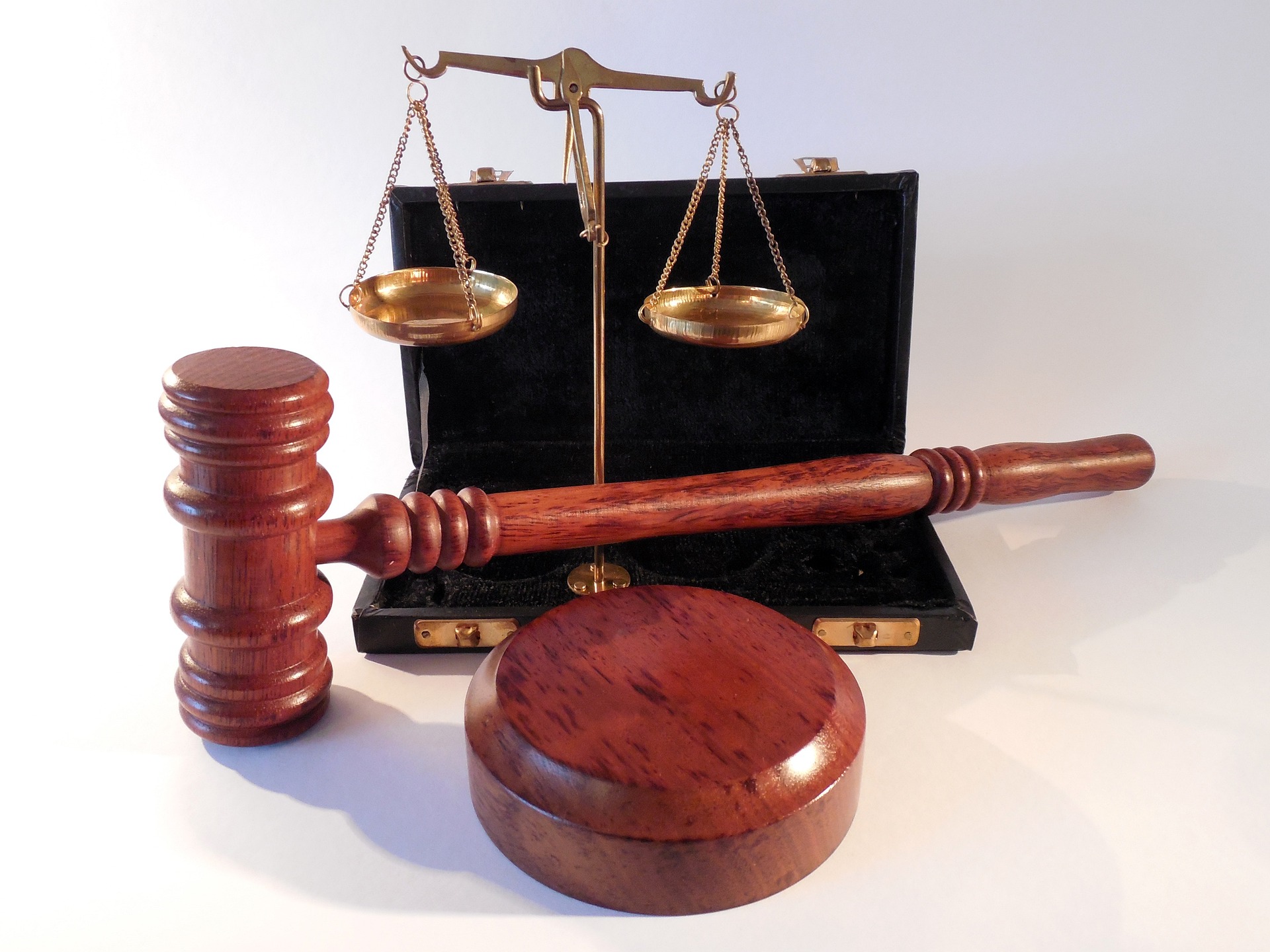Unpacking the Implications of the Digital Millennium Copyright Act
The Digital Millennium Copyright Act (DMCA) has served as the cornerstone of American copyright law since its inception in 1998. This legislation, which was signed into law by President Bill Clinton, was designed to address emerging copyright issues in the digital age. However, the DMCA’s relevance and effectiveness today are a matter of ongoing debate. This article will delve into this landmark legislation, its key provisions, and its impact on the digital landscape.
The Dawn of the DMCA
The DMCA was born out of the need to update copyright law and adapt it to the digital era. The rise of the internet in the 1990s revolutionized the way content was shared and consumed. This created new challenges for copyright holders, who feared that their work would be pirated and distributed without their permission. To address these concerns, the DMCA was enacted, providing protections for copyright holders in the digital realm. The Act has two main components: Title I implements two 1996 World Intellectual Property Organization (WIPO) treaties, and Title II contains the controversial safe harbor provisions.
Understanding Safe Harbor Provisions
The DMCA’s safe harbor provisions have been the subject of much discussion and controversy since the law’s inception. These provisions protect online service providers, like YouTube or Facebook, from liability for copyright infringement committed by their users, provided they comply with specific requirements. While these provisions have been essential in fostering the growth of the internet, critics argue they do not offer enough protection for copyright holders.
The DMCA Today: Relevant or Outdated?
In the two decades since its enactment, the DMCA has had a profound impact on the digital landscape. Some argue that it has played a critical role in facilitating the growth of the internet, providing a legal framework that has allowed companies like Google and Facebook to flourish. However, others contend that the DMCA is outdated and ill-equipped to deal with the current state of online content sharing. They argue that the law puts an undue burden on copyright holders, who are often required to play a never-ending game of “whack-a-mole” to protect their works from infringement.
The Impact of the DMCA on Society
The DMCA has had a significant societal impact. It has shaped the way we consume content online and has played a key role in the development of the digital economy. However, the Act has also been criticized for stifling innovation and freedom of expression. Some argue that its strict provisions have hindered the creation of new technologies and have led to a chilling effect on free speech online.
Looking Ahead: The Future of the DMCA
The debate over the DMCA’s relevance and effectiveness is likely to continue as technology evolves and new challenges arise. Some argue for a complete overhaul of the Act, while others believe that minor tweaks can address its shortcomings. Regardless of the path forward, it is clear that the DMCA will continue to play a critical role in shaping the future of copyright law and digital innovation.
In conclusion, the DMCA is a landmark piece of legislation that has influenced the digital landscape for over two decades. While it has been instrumental in fostering the growth of the internet, it also faces criticism for its shortcomings. As we move further into the digital age, the DMCA will undoubtedly remain a key point of discussion in the ongoing dialogue about copyright law and digital rights.







